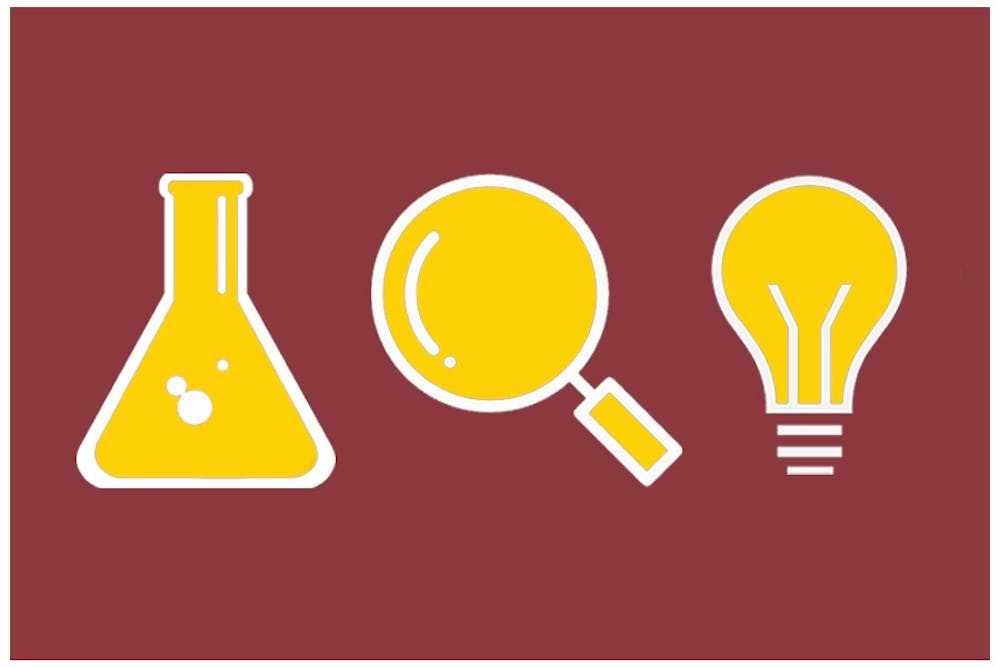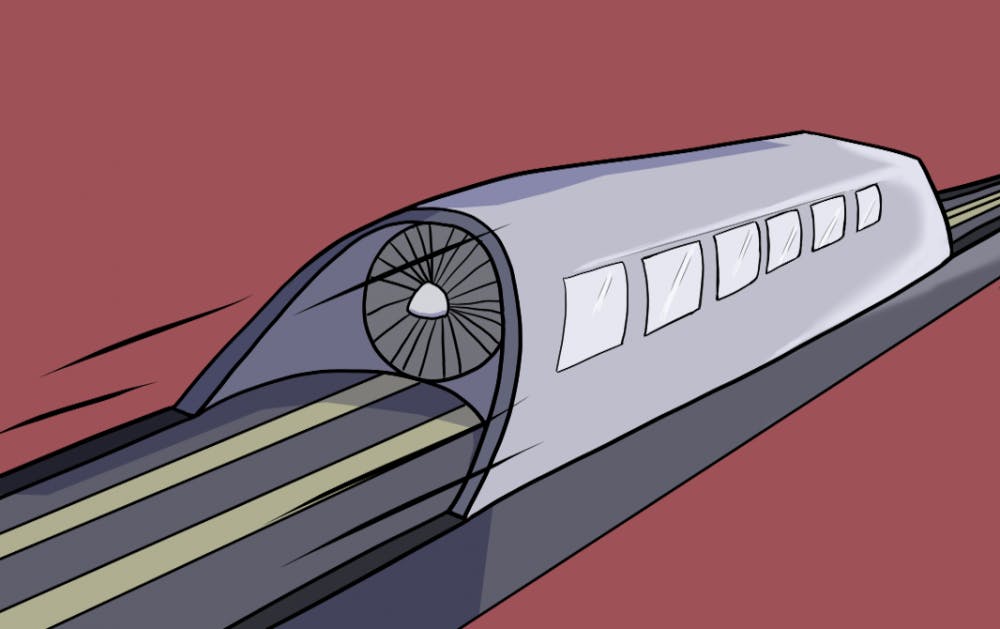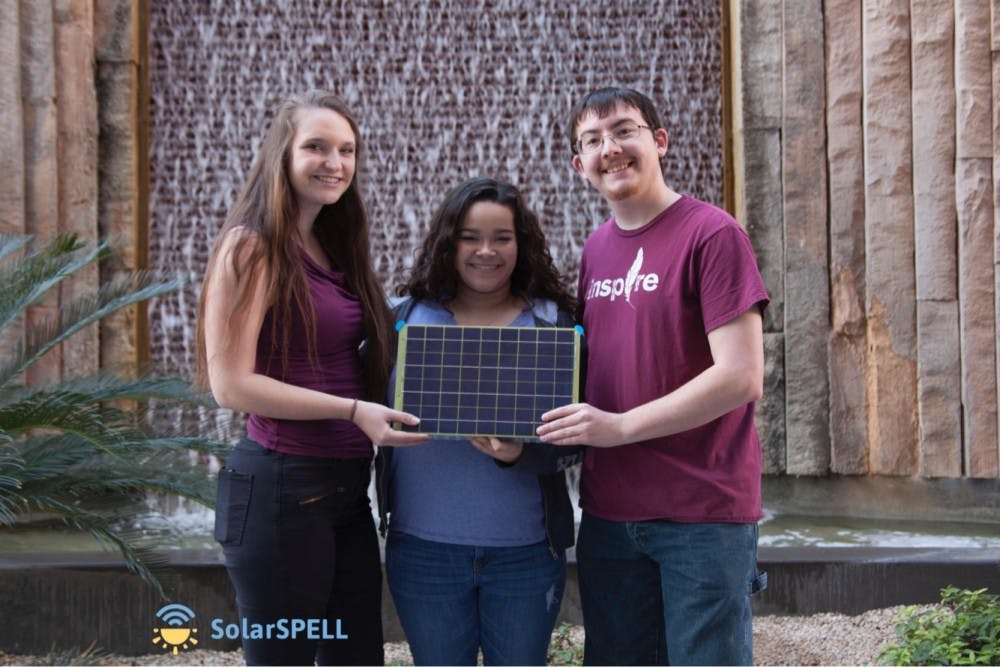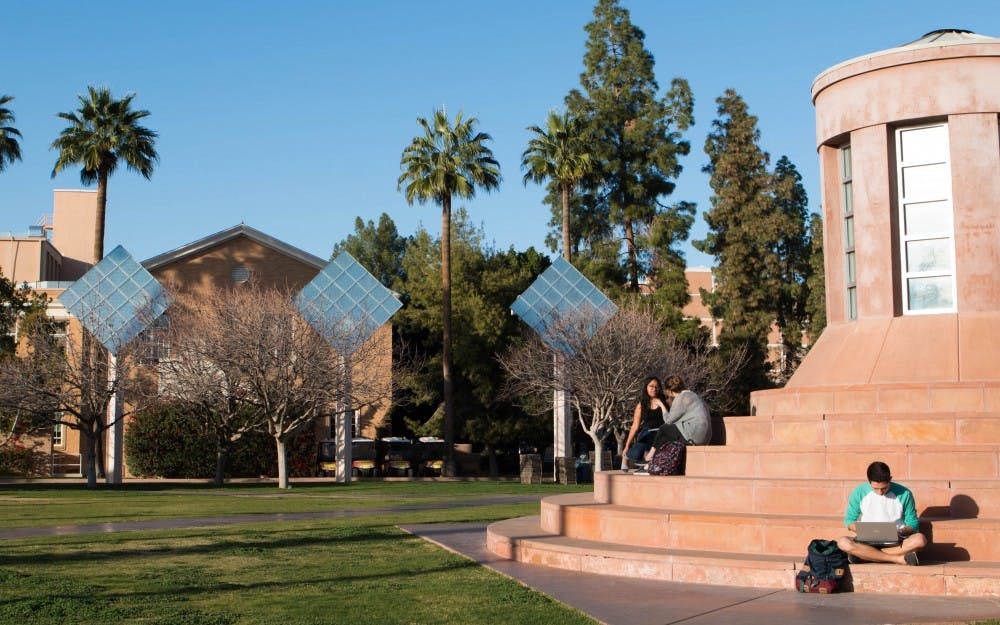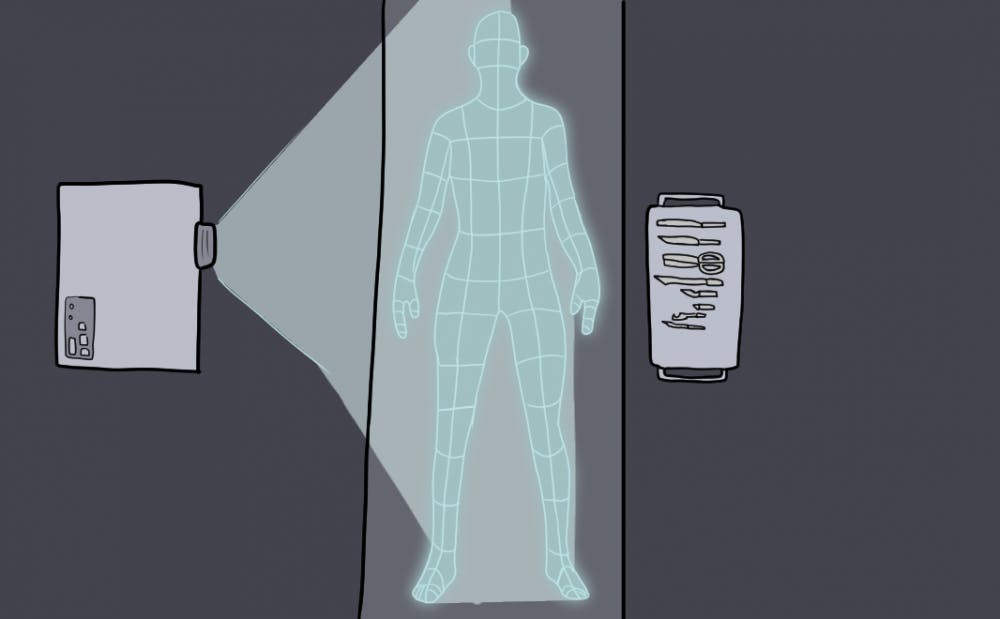This week in ASU research news:
New study finds men think they are smarter than women
A new study from ASU Researchers Katelyn Cooper and Sara Brownell, as well as Anna Krieg, found that male students believe they are smarter than their female counterparts — even when their grades are proven to be the same. The study asked students to compare their grades and their classmates, and self-report how smart they considered themselves. Using logistic regression, the study found men and native english speakers had a significantly higher sense of academic performance.
Awards awards
Melissa Wilson Sayres, a professor in ASU's the School of Life Sciences, won the Society for Molecular Biology & Evolution's 2018 Allan Wilson Junior Award for Independent Research. Wilson Sayres's research includes sex chromosome evolution, sex biased mutation and the impact of sex chromosomes in diseases.
The last week from the Science and Tech desk:
ASU-based AZLoop team speeding along to its next competition
Relevant quote: “Once we go to competition weekend it will be difficult because there's a series of tests that SpaceX basically has us convening to finish before the other teams, so there's only about three teams running the final competition out of 20 teams that show up with pods.” – Madison Grayson, physics sophomore and mechanical co-lead/propulsion lead.
Students work to deliver SolarSPELL technology to countries in need
Relevant quote: "This wasn't ever a technology project, it was always, 'How can we help?'"– Laura Hosman, an assistant professor in the School for the Future of Innovation in Society and creator of the SolarSPELL.
ASU academics "heartened" by funding boost to solar energy
Relevant quote: "I think the majority of us are relieved ... We were prepared for the worst. We got something much better than the worst. In-fact, it’s better than it was last year." — Zachary Holman, an assistant professor who runs the Holman Research Group at ASU.
Anatomage table allows downtown students to study virtual cadavers
Relevant quote: "There's just no way that we can logistically allow everyone to get the full dissection experience, until now ... This will give them the ability to explore to a much greater detail (and) explore tissues and structures they haven't been able to really access with something like a plastic model." — Lecturer Tonya Penkrot in the College of Integrative Sciences and Arts.
“I think this whole project really planted a seed and hopefully encouraged (students) and gave them the tools to look at this in a larger way. I think textiles will become and are becoming an increasingly important part of this wearable technology world and this real area of investigation and research.” — Dennita Sewell, a professor of practice in the Herberger Institute for Design and the Arts.
Reach the reporter at maatenci@asu.edu or follow @mitchellatencio on Twitter.
Like The State Press on Facebook and follow @statepress on Twitter.
